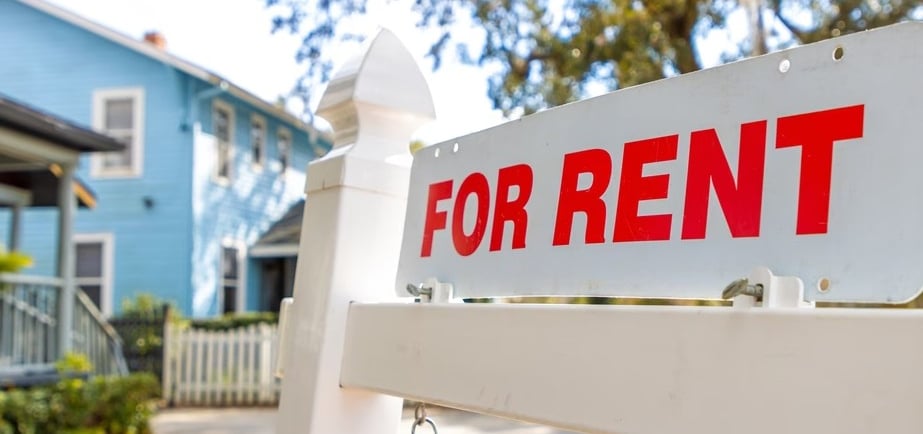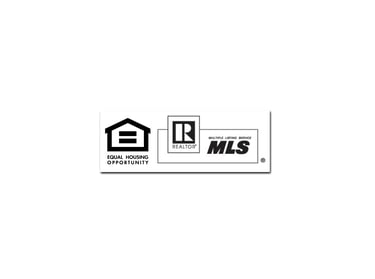The Pros and Cons of Renting Out Your Home vs. Selling Your Home
Mortgage rates are still hovering about 7 percent, which is high in comparison to the 2.5 to 3 percent rates we had just a few years ago. As such, many homeowners that purchased their homes with a low rate mortgage are hesitant to sell, even when they need to move. When faced with that situation, instead of selling their homes and losing their mortgage rates, many owners are opting to rent out their properties instead. But what are the pros and the cons of renting your home rather than selling it?
NS Team
4/7/20252 min read


Deciding whether to sell or rent out your home is a significant decision that depends on various factors, including your financial goals, the current real estate market, and your personal circumstances. Let's explore the advantages and disadvantages of each option to help you make an informed choice.
Selling Your Home
One of the primary benefits of selling is the immediate access to capital. This lump sum can be reinvested into other ventures, used to purchase a new property, or applied to other financial needs. Additionally, selling relieves you of ongoing responsibilities such as maintenance, property taxes, and the challenges associated with property management. There's also a tax advantage: if you've lived in your home for at least two of the past five years, you may qualify for capital gains tax exclusions—up to $500,000 for married couples filing jointly and $250,000 for singles.
However, selling means you might miss out on potential future appreciation, especially if the market continues to rise. Moreover, the selling process involves expenses like agent commissions, closing fees, and possible repairs to make the property market-ready.
Renting Out Your Home
Renting can provide a steady monthly income, potentially covering the mortgage and even generating profit over time. Landlords can often deduct expenses such as property taxes, mortgage interest, repairs, and depreciation, potentially reducing taxable income. Additionally, retaining ownership allows you to benefit from any future increase in property value.
On the flip side, being a landlord comes with responsibilities. Managing tenants and maintaining the property can be time-consuming and stressful. Financial risks include periods of vacancy, non-paying tenants, or unexpected repairs, all of which can impact your cash flow and overall return on investment. Furthermore, if you decide to sell after renting out the property, you may be subject to capital gains taxes, especially if the property's value has appreciated.
Key Considerations
When deciding between selling and renting, consider your financial needs: do you require immediate funds, or can you benefit from a steady income over time? Evaluate the current real estate market to determine if it's more favorable for sellers or if there's strong demand for rentals in your area. Also, assess your readiness to handle the responsibilities and potential challenges of being a landlord.
Consulting with a real estate professional can provide personalized insights based on your specific situation and local market trends. Contact us today so we can help you make the right decision!
Note: This information is based on general real estate practices and may not account for recent market changes.




